Sponsorship Speech on Access of Foreign Ships to Domestic Ports Bill
Senate Bill No. 2486 under Committee Report No. 91
An Act Exempting Carriage of Container Vans from the Provision of Section 1009 of Presidential Decree No 1464, otherwise known as the Tariff and Customs Code of 1978 and for other Purposes
Senator Paolo Benigno “Bam” Aquino IV
16th Congress, Senate of the Philippines
Sponsorship Speech, 28 January 2015
Good afternoon, Mr. President, my distinguished colleagues, mga kaibigan, mga kababayan.
It is my great privilege to stand before you today to support the development of the Philippine martitime transport industry, as I sponsor Senate Bill No. 2486, under Committee Report No. 91, entitled An Act Exempting Carriage of Container Vans from the Provision of Section 1009 of Presidential Decree No 1464, or otherwise known as the Tariff and Customs Code of 1978 and for other Purposes, otherwise known as Access of Foreign Ships to Domestic Ports Bill.
Given that the Philippines is an archipelago composed of more than 7,100 islands, the transport of goods relies heavily on sea routes interconnecting the islands. Shipping costs impact the movement of trade goods, and more importantly, the price that consumers will ultimately pay for.
Currently, inter-island shipping is exclusively reserved for ships bearing the Philippine flag. Internationally, this principle is known as the Cabotage Principle, which is implemented to protect the country’s local shipping industry.
Unfortunately, this exclusive right incurs an extra cost for our importers of raw materials and for Philippine exporters of goods. Thus, we are pushing today for allowing foreign ships coming from international ports to dock into multiple ports all over the country.
This reform will provide our producers and entrepreneurs the following benefits and these are: 1) the lowering of production costs; 2) the easing of doing business in the maritime transport industry; 3) the decongestion of the Manila Port; and 4) the further leveraging of our strategic location in the ASEAN market.
Mr. President, the change that we are proposing today is part of a larger effort in reforming our shipping industry to be more modern, more equipped and more competitive with our ASEAN neighbors.
The reforms also involve an establishment of a better regulatory framework that will ensure that foreign ships will only carry goods that are going in and out of the country.
Lower Production Costs
Firstly, the state think-tank Philippine Institute for Development Studies (PIDS) emphasizes the need for a comprehensive review and amendments to the Cabotage policy of the country to lower local shipping costs.
Sa kasalukuyan, ang isang exporter mula Cagayan de Oro na nagpapadala ng kargamento papuntang Hong Kong ay kailangang magbayad ng dalawang beses: US$1,120.00 para sa biyahe ng kanyang kargamento mula CDO papuntang Maynila sa isang lokal na barko at US$144.00 pa para sa biyaheng Maynila papuntang Hong Kong sa isang dayuhang barko.
Ang total shipping cost ng ating exporter sa kasulukuyang pamamaraan ay US$1,264.00.
Kung ipapasa natin ang ating reporma ngayon, ang ating exporter ay magbabayad na lamang ng US$500.00 para sa isang dayuhang barkong didiretso mula CDO papuntang Hong Kong.
Ang US$764.00 na matitipid ng isang exporter ay maaaring magamit upang mas mapaganda pa ang kaniyang produkto, mas mapalaki pa ang kanyang kapital, at mas mapalago pa ang negosyo nang mas makapagbigay pa siya ng mas maraming trabaho sa kaniyang komunidad.
Ganoon din para sa ating mga importer ng raw materials. Ang ating importer mula CDO ay kailangang magbayad ng dalawang beses para sa kanyang kargamento: US$159.00 para sa biyahe ng kanyang kargamento mula Kaohsiung sa Taiwan papuntang Maynila sa isang dayuhang barko at US$1,120.00 para sa biyaheng Maynila papuntang CDO sa isang lokal na barko.
Ang total shipping cost ng ating importer sa kasulukuyang pamamaraan ay US$1,279.00.
Kung ipapasa natin ang ating reporma ngayon, ang ating importer ay magbabayad na lamang ng US$360.00 para sa isang dayuhang barkong didiretso mula Taiwan hanggang CDO.
Ang US$919.00 na matitipid ng ating importer ay maaaring magamit upang makabili pa siya ng mas maraming raw materials o di kaya ay mapababa ang presyo ng kanyang binebentang mga produkto sa merkado.
Ayon naman sa Joint United States Government and Government of the Philippines Technical Team, mas mahal ng dalawang daan at limampung (250) porsiyento ang halaga ng lokal na shipping cost kumpara sa Indonesia kada nautical mile.
Ang mga numerong ito ay hindi katanggap-tanggap dahil ang halaga ng shipping costs ay ikakarga lang ng mga negosyante sa kanilang gastusin, at sa huli ay papasanin din ng ating mga mamimili.
Ease of Doing Business
Secondly, Mr. President, although co-loading of goods is already allowed as a practice in the market, the processing of documents and getting clearance from the Maritime Industry Authority (MARINA) is necessary to allow foreign cargoes to co-load foreign containers in multiple ports.
To avail of a special permit from MARINA, foreign shipping companies usually take 15 days or more for their papers to be processed. Hence, most foreign shipping agencies would rather avoid this particular step to be more efficient and productive. In practice, they choose to have a transshipment point rather than get a clearance from MARINA.
For example, instead of dropping cargoes in Manila, securing the necessary approvals and documents, and then, carrying the same set of cargoes themselves to other local ports, foreign ships just choose to drop off their cargoes in Manila. Then, the cargoes are picked up by local ships to be transported to other domestic ports in the country.
With our proposal, we aim to streamline our processes, make our ports more efficient and easier for doing business.
Thus, if there is a foreign cargo that is intended to be shipped to Manila and Cagayan de Oro, the foreign ship that carries the said cargo, with our reform, will be allowed to go directly to Manila, then CDO instead of the present procedure of unloading in Manila first, then transhipping its goods to a local carrier to CDO.
In the same way, our entrepreneurs who are exporting goods from Subic, Cebu, CDO and Davao, would be able to co-load in one ship before heading out of the country directly in a more efficient and cost-effective manner, instead of, again, having to pass by Manila.
The bill encourages for our micro, small and medium entrepreneurs to think globally since importing raw materials and exporting Filipino goods would be cheaper.
Addressing the Manila Port Congestion
Thirdly, we learned from our recent investigations and hearings that the Manila International Container Terminals (MICT) and the Manila South Harbor, the main hubs for transshipments in the country, have been experiencing congestion in the past few months.
Almost all of the goods in the country are shipped to MICT and to the Manila South Harbor. Last December, these ports operated at an average level of 75-85%, which is more than the ideal 60% serviceable level.
By allowing foreign ships to go directly to other domestic ports around the country, it will free up space in the container yards in the Greater Manila Area. This will save time, costs and energy for our exporters and importers in sending their raw materials, and goods and products in and out of the country.
In addition, by allowing more foreign ships to dock on other ports all over the country, there will be an increased economic activity in the countryside. This will lead to growth for businesses and entrepreneurs in the regions, and more jobs for our Filipino people. It will then bring us a step closer from achieving our dream of inclusive growth for our countrymen.
Leveraging on the Country’s Strategic Location
And lastly, Mr. President, we need these reforms as part of a larger effort to further capitalize our strategic location in the ASEAN market.
South Korea’s Ministry of Land, Transport and Maritime Affairs published a report entitled, “Formulating an ASEAN Single Shipping Market Implementing Strategy,” which mentions the Philippines’ low investment in ports and road infrastructure, which hampers the promotion of intermodal transport.
The study concludes that our country’s strong cabotage policy that only allows foreign-flag vessels to call at one Philippine port, hinders our economic development.
The report stresses that foreign ships docking on various ports all over the country is needed for the country to achieve sustainable growth, and more importantly, to achieve a single ASEAN market.
In line with the ASEAN Economic Integration this year, the region will be implementing a single shipping market where member-countries are expected to deliver quality service at a competitive price.
Mr. President, kapag ito’y tuluyang naipatupad, mahalaga na magkaroon ng sapat at maayos na imprastruktura at mga pasilidad sa pantalan, magagandang kalsada para sa mas mabilis na paghahatid ng produkto, at higit sa lahat, mababang presyo ng pagpapadala ng mga kargamento.
Kailangan nating makapagpatayo ng mga pantalang na kayang makipagsabayan sa mga pantalan ng Singapore, Thailand at Indonesia – mga modernong pantalan na sytematic at computerized, na kayang mapabilis ang mga pagpoproseso ng mga dokumento at galaw ng mga kargamento.
Kasama ng repormang ito ang ating pagkilos para hindi na maulit ang pagsisikip ng ating mga pantalan. Sinimulan na ang NLEX-SLEX connector road upang lalong maibsan ang traffic sa Kamaynilaan at mapabilis ang galaw ng mga kargamento papuntang hilaga o timog Luzon.
Ang pagpapatuloy ng mga repormang ito ang mga hamon na ating kakaharapin sa mga susunod na buwan. Napakahalaga na maabot natin ang mga ito upang makasabay tayo sa mga kapitbahay nating bansa na may mas moderno at mas maayos na sistema sa kanilang mga pantalan.
It will be a win-win situation for both our importers and exporters.
Dadami at mas magmumura ang pagpasok ng raw materials mula sa ibang bansa na mapoproseso ng ating mga kumpanya rito.
Mas magiging mura ang halaga ng pag-export ng ating mga produkto sa merkado ng mundo.
Sa mas efficient na maritime transport industry, patuloy na tataas ang kalidad ng produkto at serbisyo, patuloy na bababa ang presyo, at ang taumbayan ang siyang panalo.
As we continue to develop from a low-income to a middle-income economy, we need to revisit our policy environment to be able to support this growth that we are experiencing as a country.
This is our first response to the call of the President and various stakeholders to enhance the Philippine maritime transport industry.
This is our first step in our effort to further unlock the industry, let it grow and thrive, and make it as efficient as possible as we anticipate more trade, more economic activity, and real inclusive growth for the Filipino people.
Nang dumating ang mga unang Malay sa ating mga baybayin mula Borneo, nakasakay sila sa mga sinaunang bangka na ang tawag ay balangay. Sa balangay natin hinango ang barangay, na siya nating kinikilala bilang ang ating pormal na komunidad.
Dala-dala ang mga produktong kopra, mais at iba pa, sinuong natin ang karagatan para maabot ang iba’t ibang isla. Sa karagatan natin nabuo ang ating mga komunidad. Sa paglalayag natin nabuo ang ating bansa.
At sa reporma na tinutulak natin ngayon, maisasakay natin ang ating mga pamilya, mga komunidad at ang ating buong lipunan sa mga bangkang patungo sa magandang kinabukasan.
Mga kaibigan, bumibiyahe na tayo ngayon tungo sa kaunlaran. Iniimbitahan ko kayong lahat na patuloy tayong magtulungan, sama-samang magsagwan upang mabigyang pagkakataon ang mga negosyo ng ating mga kababayan na lumago at makipagsabayan sa mundo.
Dahil ito po ang tamang panahon sa pag-ahon natin bilang isang bansa at marating natin ang baybayin ng kasaganaan para sa bawat pamilyang Pilipino. Maraming salamat po at magandang hapon sa ating lahat!
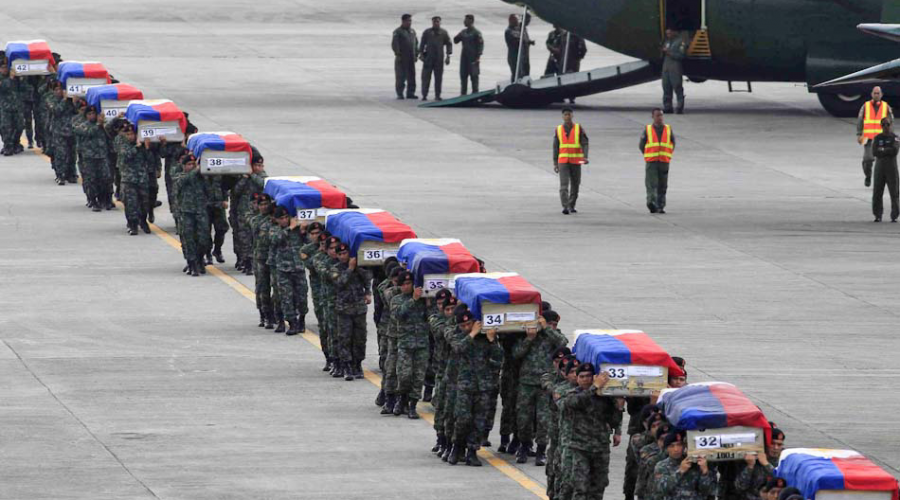
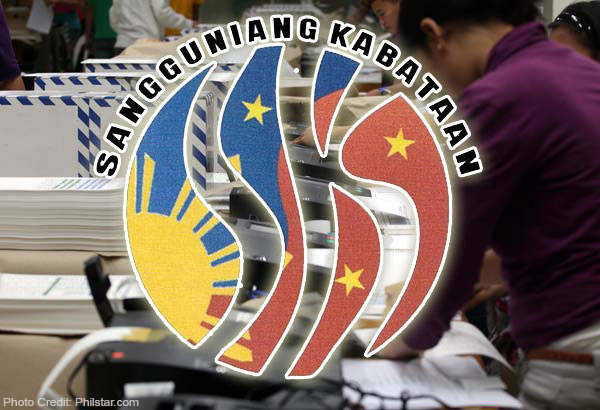
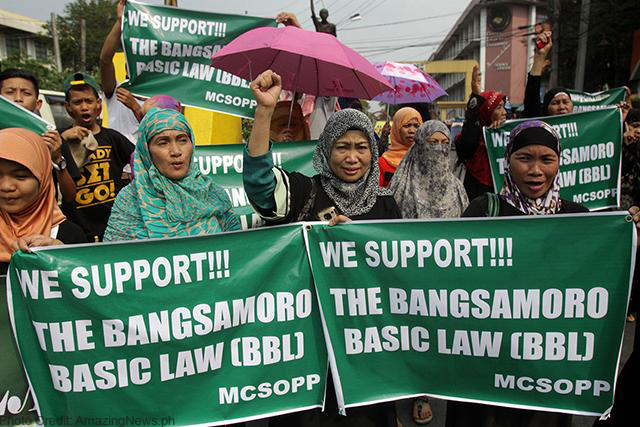
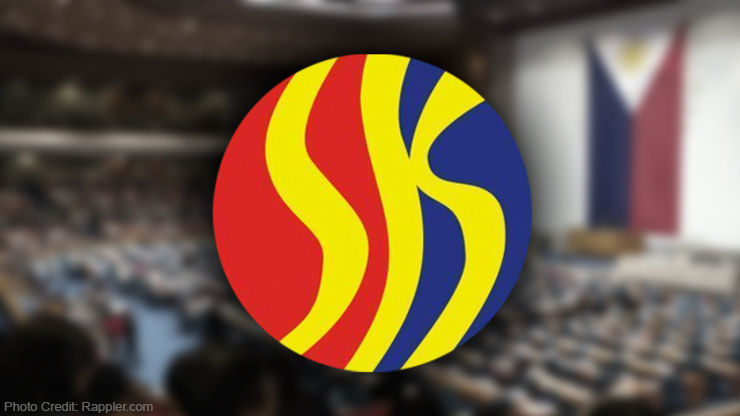
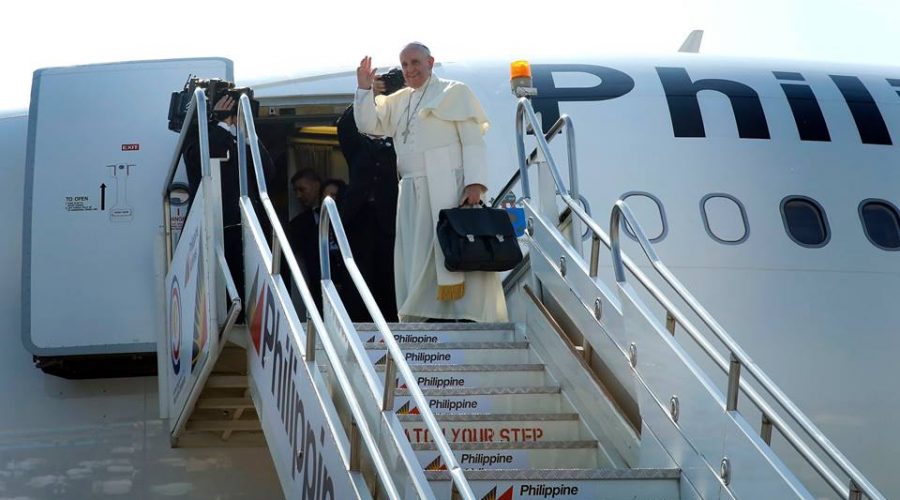
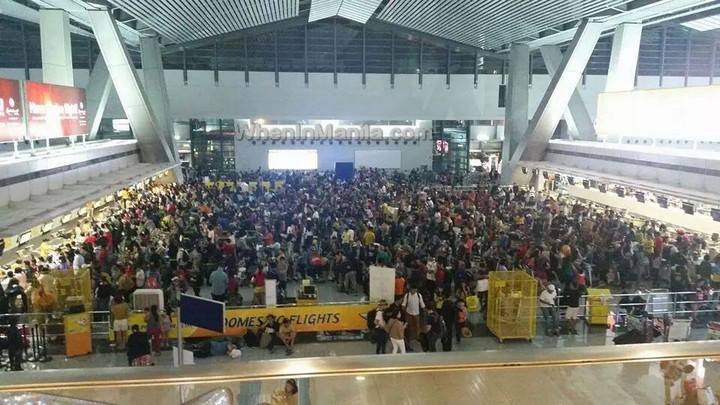
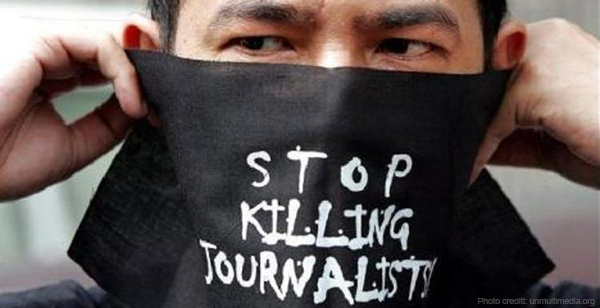
Recent Comments